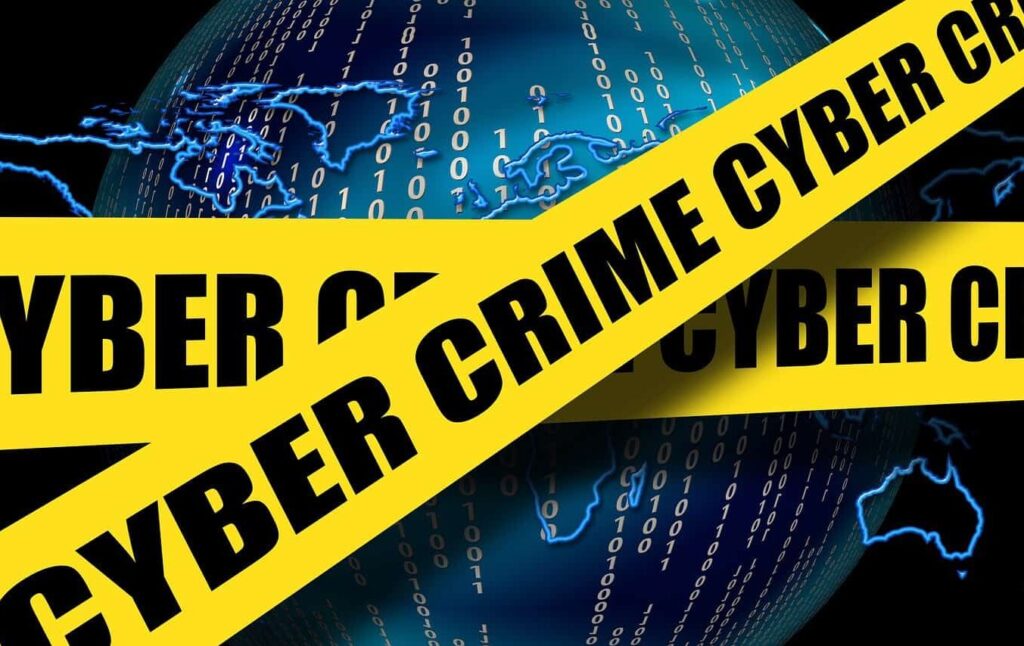
• Crimes in which computing and communications technologies are incidental, but nonetheless involved in the commission of crime (e.g. theft of funds by creating fictitious invoices on a company’s computer could just as easily be committed on paper, but the opportunity to manipulate paper accounts might not be immediately apparent to an offender, whereas the theft of funds electronically might seem more likely to be successful and not detected)
•Technology has both facilitated and impeded the investigation of crime, particularly crimes involving computing and communications technologies or what is described as cybercrime.
•On the one hand, computers have enabled vast amounts of data to be searched and analyzed quickly and permitted documents and files to be scanned and transmitted across the globe in seconds.
•On the other hand, the sheer quantity of information creates considerable problems for investigators who sometimes have to examine gigabytes of data and break encryption codes before the material they are interested in can be discovered.
